
Computational Thinking
Ecosystem for the scaling of computational thinking skills
We are creating a digital ecosystem that develops computational thinking skills and reasoning for complexity, with personalized learning tools based on the individual abilities of students.

Scale computational thinking skills, known as the ability to solve real problems with processes of abstraction, decomposition, pattern recognition, generalization, and algorithmic thinking.
Train for the future of work in a digital ecosystem that emulates real world environments.
Design and evaluate a digital ecosystem for solving computational problems.
Mision
Design a digital ecosystem for solving computational problems using learning analytics to assess the performance of university students and understand their computational thinking skills.
Vision
Train people for the future of work in a digital ecosystem that emulates real world environments in a way that is accessible, inclusive and relevant to the requirements of the current labor market.
What solution do we propose?
-
Scale computational thinking competencies, referred to as the ability to solve real problems with processes of abstraction, decomposition, pattern recognition, generalization and algorithmic thinking.
-
Design and evaluate a digital ecosystem for computational problem solving.
-
Use learning analytics to assess the performance of undergraduate students and understand their computational thinking skills.
-
Train for the future of work in a digital ecosystem that emulates real-world environments.
Results
-
For this stage, the main advancements were defined in the project, which are:
-
Deployment of the digital ecosystem on a large scale.
In this stage a digital ecosystem platform were developed and deployed for assessing computational and complex thinking skills in undergraduate students.

Videos from the platform, presenting escape games
-
Diagnosis, development, and evaluation of students' problem-solving skills.
In this stage tools for assessing computational thinking skills were developed in an abstract manner, enabling the identification of aptitudes in students who have had no prior technical experience in this field.

Image of the platform in the competency assessment section.
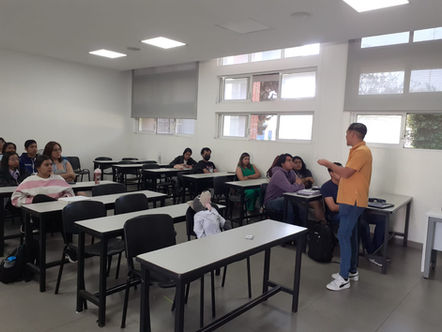
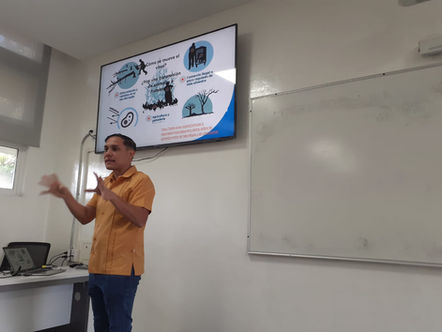
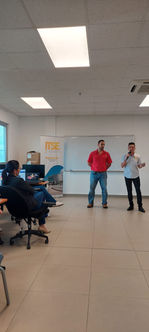



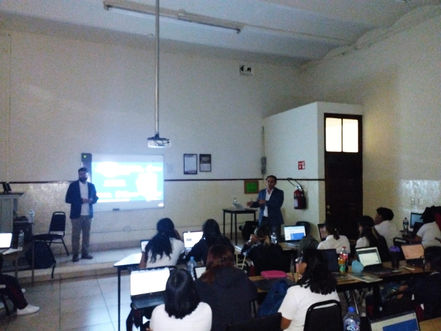
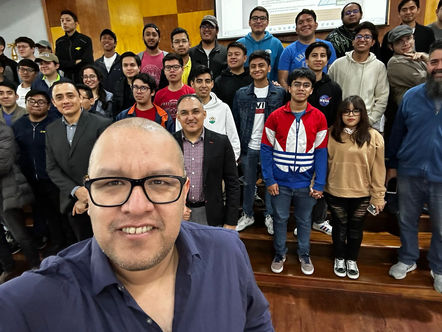
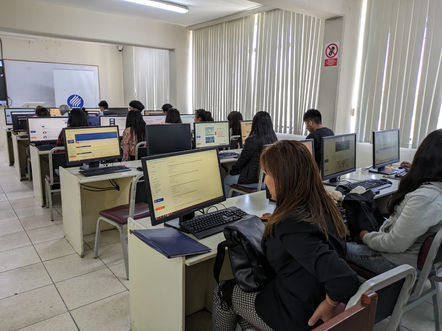
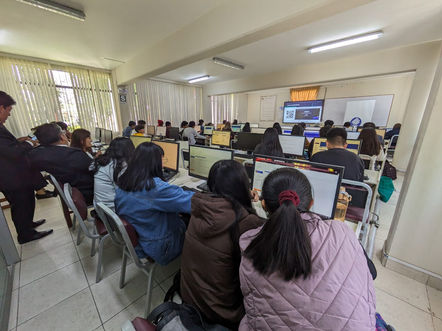





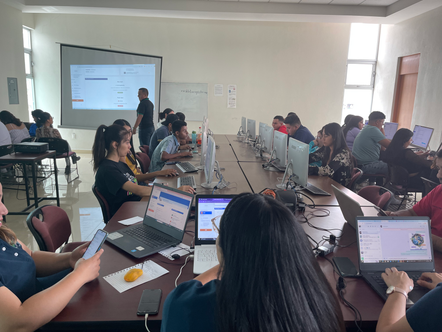



.png)


_edited.jpg)
_edited.jpg)